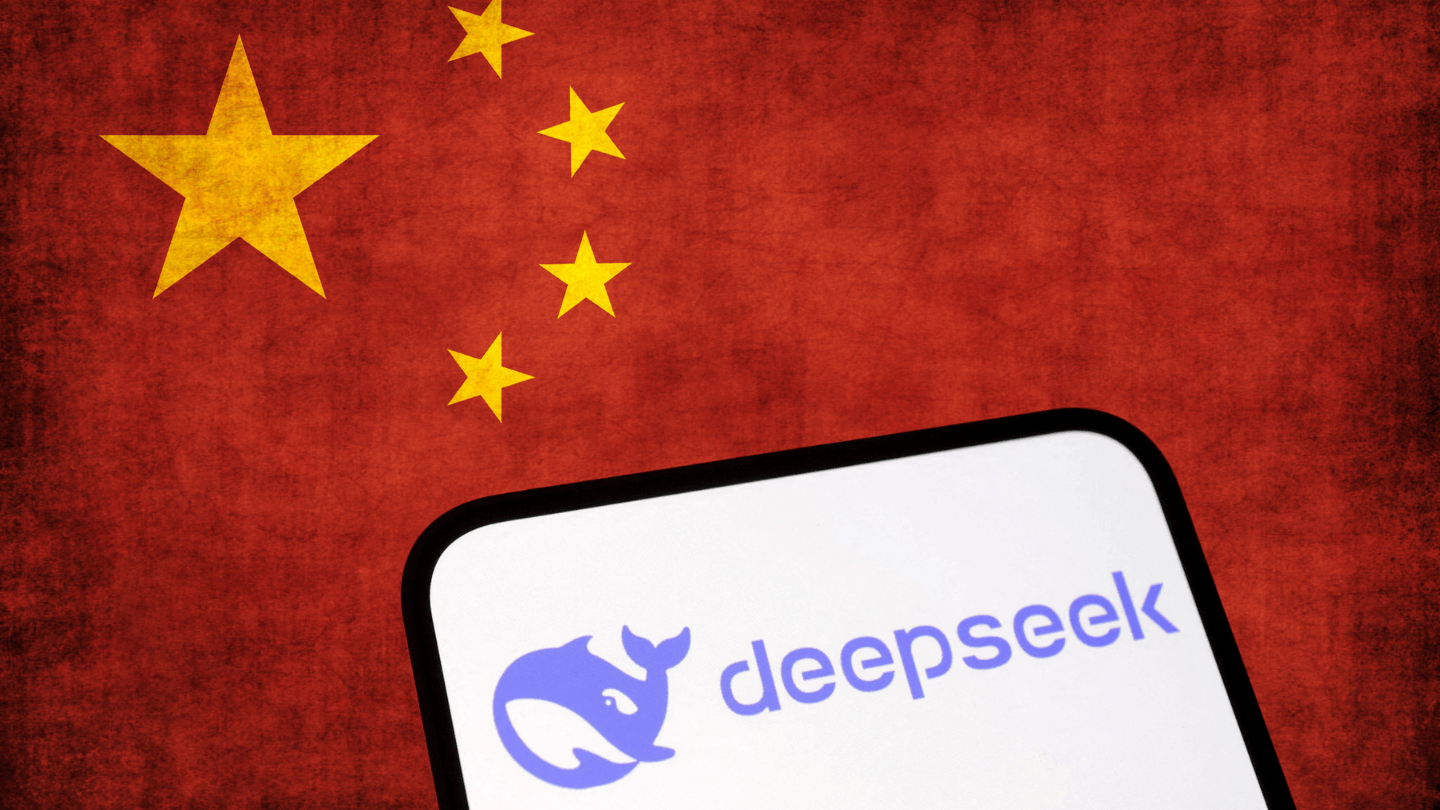Generative AI at SAP Course Assignment Answers
The introduction of generative AI into business solutions has transformed the processes of automation, analysis, and innovation. SAP, one of the world’s largest business software companies, teaches a course on generative AI to help professionals learn new skills and harness the power of AI in various business functions. They not only learn about AI tools available in SAP systems, but complete assignments that assess practical use cases. These “Generative AI at SAP course assignment answers” are more than answers to assignments; they showcase the impact of AI on corporate strategy.
McKinsey cites that companies adopting generative AI report 40% operational efficiency and 20% improvement in innovation output. Understanding the assignment’s structure and the concepts underpinning them affords practitioners useful insights. The remainder of this article explains the course design, the nature of the assignments, and how their solutions can facilitate transformation within enterprises.

Why Companies Require Generative AI At SAP Course Assignment Solutions
With the help of SAP course, professionals are taught to use tools enabling smart automation for advanced decision-making in the context of supporting digital transformation. Understanding the course assignment answers does not only assist in theoretical execution but also aids in practical implementation by the learners. In addition, companies achieve faster adoption and better integration of AI into the SAP landscapes.
Consider a global logistics services provider. This company leveraged invoice processing generative AI capabilities from SAP. With the aid of trained course employees, they managed to achieve a cost reduction of 35% and a decrease in processing time from days to minutes.
Additionally, these assignments promote self-driven strategic problem-solving with the help of generic AI making their implementation creative rather than generic along business process workflows tailored to the model instead of business model-blind intelligent automation.
Core Offerings of SAP’S Generative AI Course
The course is organized around three core service areas which are critical for effective AI application in already existing SAP frameworks.
Strategic Approach and Planning for Generative AI at SAP
Participants get the task of scenario-based planning, for instance automation in finance, SCM, or HR onboarding. The responses produced need to provide a strategic plan of action complete with risk assessment, data identification, and several metrics for evaluation.
For example, one task could be the automation of purchase order creation with SAP S/4HANA and generative AI. A best palm answer would feature a workflow over AI prompt engineering with SAP’s Business Technology Platform (BTP).
Custom Solutions for SAP Systems
Such assignments include creating AI workflows for particular business domains. For example, a learner can build a chatbot with SAP Conversational AI that responds to employee payroll queries. Effectively accomplishing this goal requires understanding user intents, context flows, system integration, and backend reasoning, all of which are taught in class.
One case in real life concerns a manufacturer’s implementation of a generative AI model to predict equipment maintenance in a for analytics on maintenance needs. There was a 27% reduction in downtime.
Ethical or Responsible Implementation of AI in SAP
SAP advocates for ethics in AI. The focus of the assignments will be on the logic of AI systems on fairness, transparency, and governance. Participants look at privacy issues or data protection and create anti-privacy mechanisms such as audit trails and AI decision trails or humans in the decision loops.
Adequately reasoned responses will devise powerful evidence to align with SAP’s ethics framework while ensuring compliance with trust regulations like GDPR.
Selecting the Correct Course Partner For Generative AI At SAP
Prior to registering for the course, corporate learners, as well as individual professionals, should reflect on the following factors when selecting an SAP generative AI course:
Instructor Credentials
Check if the trainers are certified by SAP or have any form of business AI enterprise applications experience.
Effective Course Structure
Courses that promote orderly advancement from basic to complex concepts will be more beneficial.
Practical Application
Courses that have practical case study sessions with discussion on provided solutions tend to have better returns.
Recognition of Achievement
Endorsed certification from SAP boosts one’s professional recognition and therefore, for the credibility, attainment validation SAP’s endorsed documents is very essential.
Clarity of Instruction
The provider must transparently communicate details of the syllabus, criteria for grading, assignments, and more.
Providers that focus on competencies guarantee not only theoretical knowledge but also application of skills in actual work situations.
Last minute Trends for Future Assignments SAP Courses On Generative AI
With rapid advancement in technology comes additional exercises for trainers and additional challenges for trainees. Assignments for all SAP courses are likely to include:
AI Personalization Expectations
Assignments will motivate students to develop adaptable customizable models that recognize and adjust to departments or end users.
Holistic AI integration with ERP systems
Assignments that combine finance, logistics, human resources into one AI driven solution from beginning to the end will be provided.
Co-created solutions using AI-generated code or documentation
IE – Collaborated design utilizing AI work.
Justifying decisions of AI-based models
Learners are tasked with providing explanations which enforces fair and transparent governance along with just AI model practices.
“Updated assignment instructions are crucial in maintaining the learners’ status as leading pioneers in business restructuring innovations.”
Actionable | Measurable Takeaways From This Document For Learners/Businesses
Key objectives targeting the value you obtain from the SAP generative AI course and accompanying assignments entail these for the program’s consideration:
“Grasping prerequisite requirements such as foundational knowledge in Python, navigation in SAP BTP, and the pillars of ethical AI standards makes checklist downloads worthwhile.”
Relying on a 5-Step Guide Adoption Guide: Self-exploration accompanied by, “Going through SAP AI tools introduction → Theoretical work → Completing tasks → Feedback analysis → Practical application,” yields far better navigation outcomes.
“They, along with many others, are not aware of the peer support SAP Communities offer. They share answers on SAP Community, SAP Learning Hub, and offer clarifications.”
Measure impact through processes and time reduction, error repetition, and overall costs as ROI Metrics tracking objectives demonstrate that real value is acquired post course.
Visit these sources to acquire value substained post course such that the knowledge resulted from defined assignments alongside the documents turns into tangible quantifiable business changes.
Conclusion
“Generative AI at SAP course assignment answers” function as templates for business systems integration of AI. They allow practitioners to transform learning into a sustained competitive advantage and achieve operational excellence. Automation, personalization, and ethics in AI governance are only a few of the areas where these assignments drive transformational change.
Engage with generative AI today by registering to SAP’s offered course and mastering the assignment answers that will sculpt the leaders of the future.
Internal Links
- AI-Powered Process Automation in SAP
- Case Study: AI-Driven HR Chatbot
- 5-Step Guide to SAP AI Adoption
- SAP’s AI Ethics Policy Overview
- Beginner’s Guide to SAP BTP
- /galaxy-s26-gets-smarter-samsung-taps-perplexity-ai-for-future-phones/
- /nintendo-switch-2-release-date-price-and-features/
- /playstation-state-of-play-june-2025-what-you-should-prepare-for/
- /nintendo-switch-2-at-walmart-here-is-how-you-can-pre-order-it/
- /apple-ios-26-expected-features-after-the-upcoming-announcement/
- /nintendo-switch-2/
- External Links
- McKinsey on Generative AI in Business
- Deloitte: Responsible AI in the Enterprise
- SAP Official Learning Hub
- Harvard Business Review on AI ROI



















Post Comment